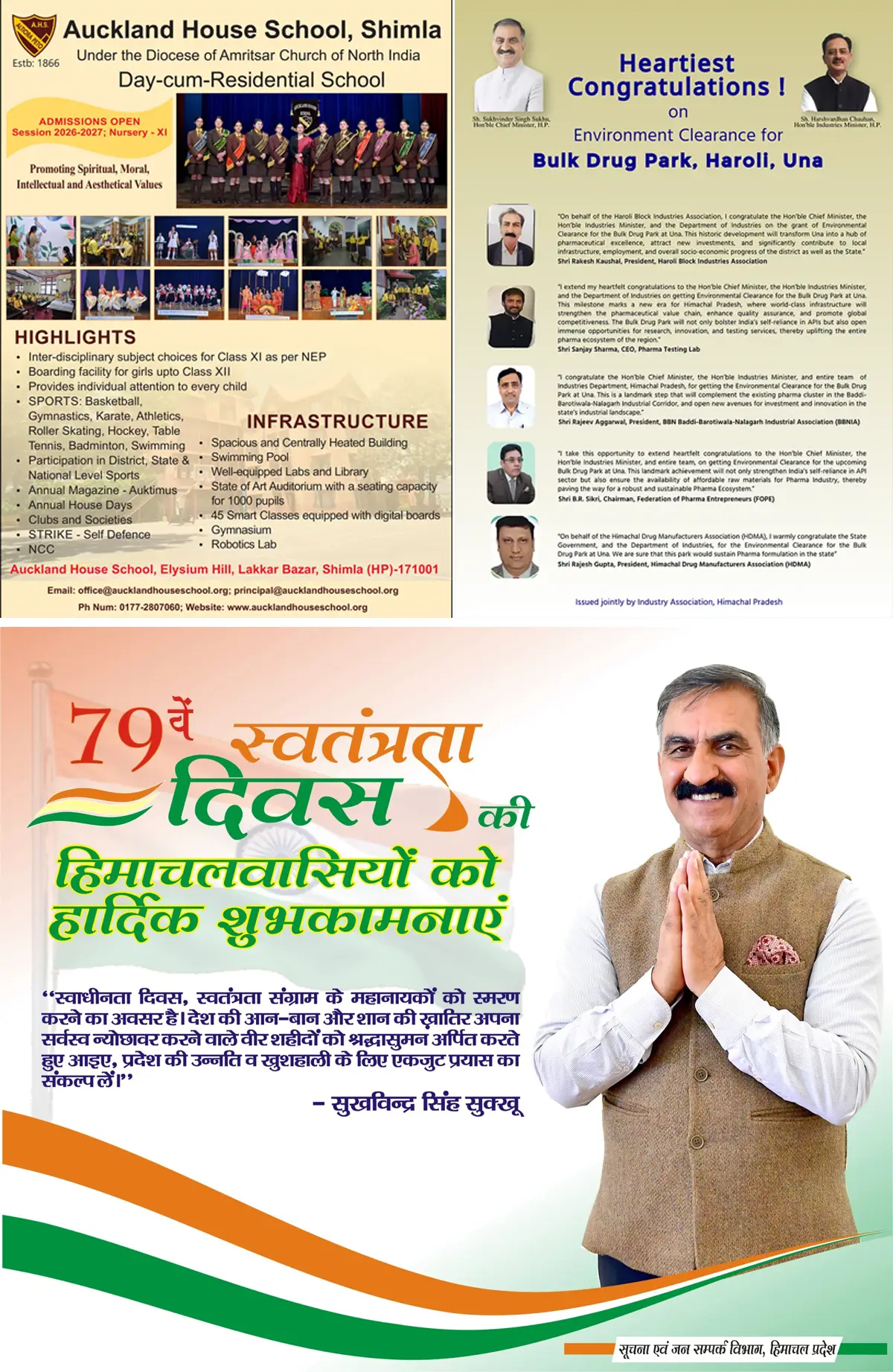Himachal Pradesh: Compostable Bags Cheaper Than Plastic, But Awareness Needed
2 min read
Shimla, September 27: In Himachal Pradesh, compostable bags, which are environmentally friendly, are now cheaper than plastic bags. This development could be a concrete step towards making the mountainous state plastic-free.
Currently, non-woven carry bags with a GSM (grams per square meter) of 85 or less have been banned in the state. The prices of these bags have risen due to the increase in GSM, making them relatively expensive. Shoppers often assume that they are carrying their purchases in cloth bags, but unknowingly, they are still using plastic bags. Compostable bags, on the other hand, are a non-toxic alternative to traditional plastic bags and do not degrade or break down over time, making them harmful to human health in the long run.
The question arises, if compostable bags are cheaper than plastic bags, why aren’t they being used more widely? While compostable bags were initially more expensive, their cost has now come down due to a decrease in the raw material’s prices. Additionally, the thickness of non-woven bags has increased, leading to a price hike on both fronts.
Himalayan Greens, a company in the region, claims that environmentally friendly bags are now available at a cost of INR 160-180 per kilogram, while non-woven carry bags are selling for INR 190-200 per kilogram. Given the price parity, the company suggests that distributors could promote compostable bags if they have an inclination towards environmental protection.
For those interested in becoming distributors, they can contact Factory Manager Veerendra Sharma at +91 97365-20178. It’s important to note that compostable bags decompose within 10 to 45 days under specific conditions and do not leave behind permanent microplastics.
However, shopkeepers and businesses often provide shoppers with non-woven bags. Initially, customers may refuse non-woven bags. Still, it is an opportunity to start a conversation about the environment. Shopkeepers might also mention that compostable bags are more expensive, but customers can advocate for the change by highlighting the evolving times and the affordability of eco-friendly bags compared to non-woven ones.






